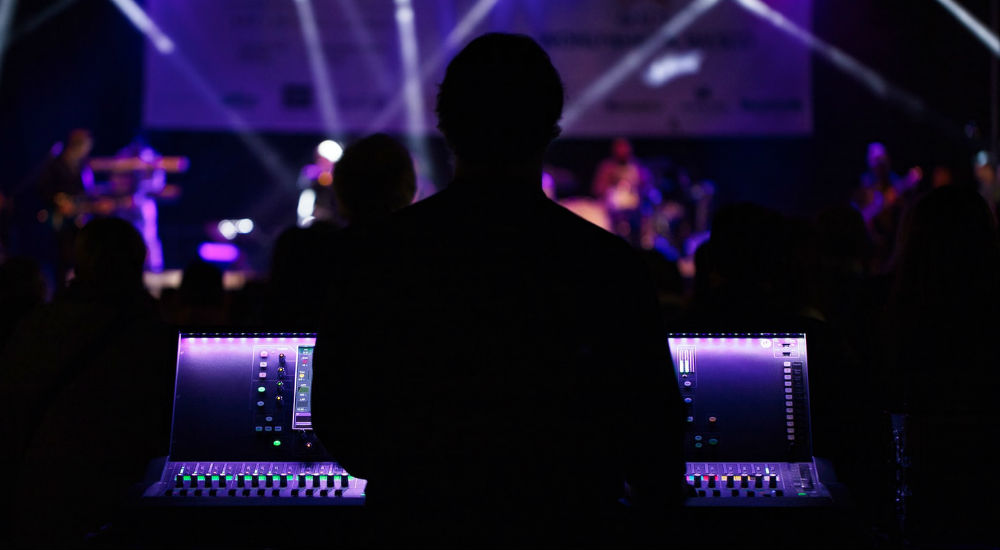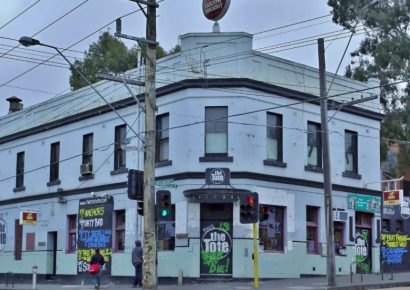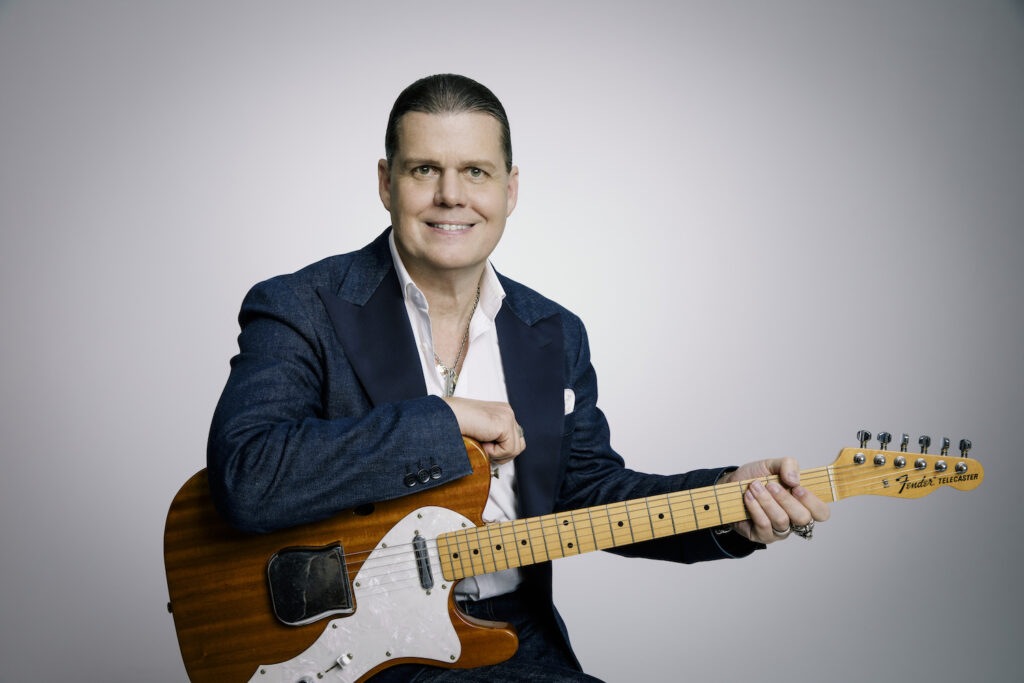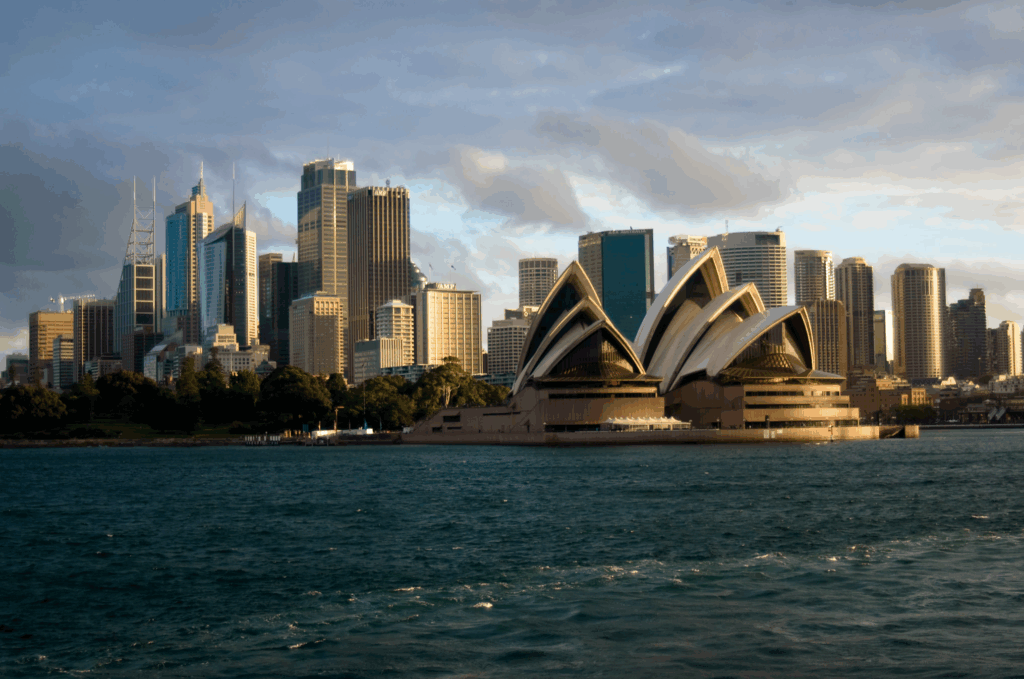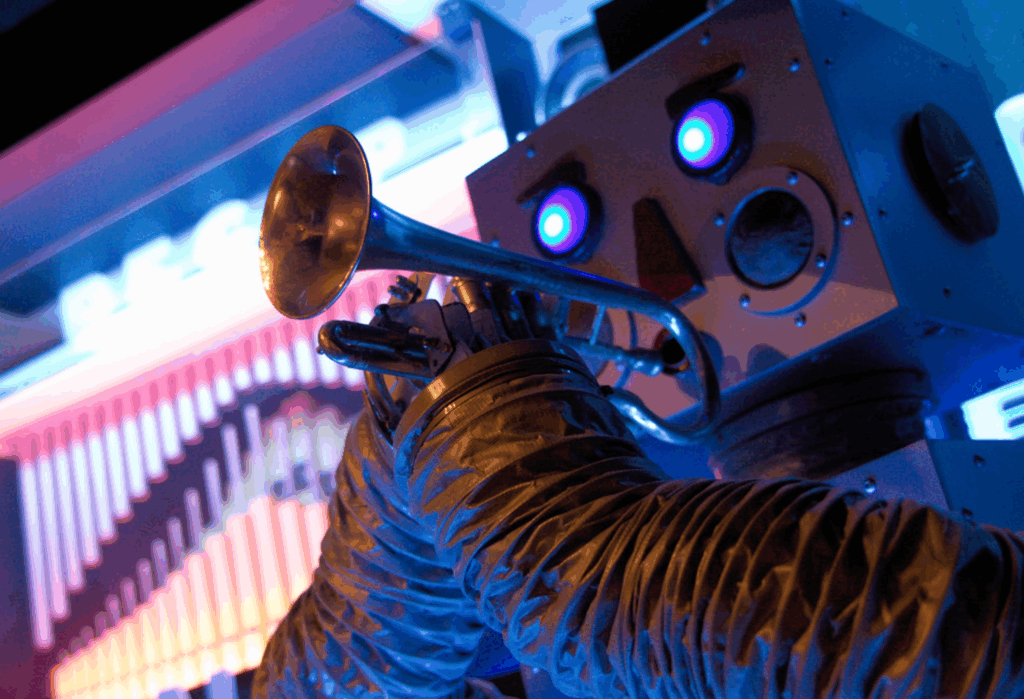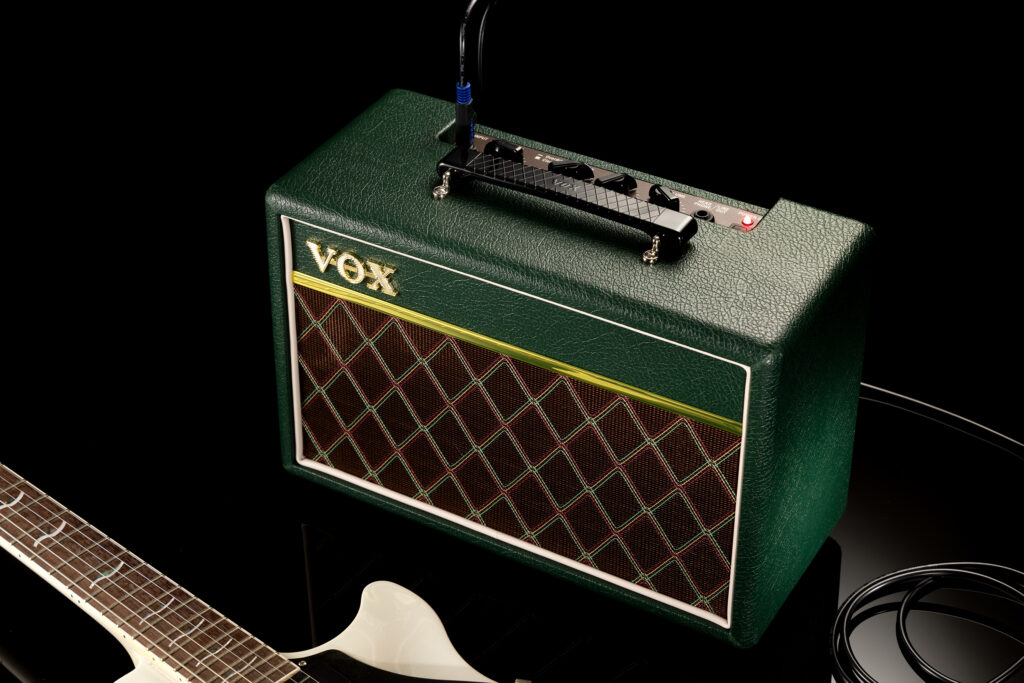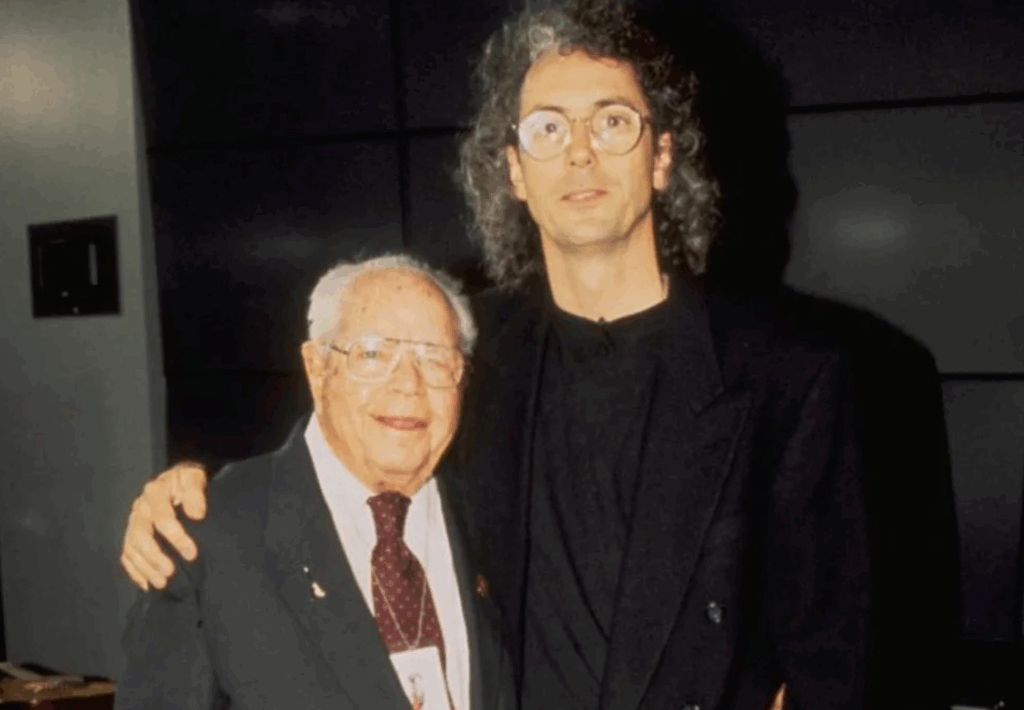Web series shows how Aussie music leaders dealt with COVID-19
A new three-part web series called Banding Together from the Australian Music Vault proves an interesting view, among other things, how 32 music leaders responded to the aptly ominous Friday 13 shutdown of the live sector in March, and the way they cope these days.
Michael Gudinski was frozen for a week, and then moved his staff and resources to live-streaming and putting Australian music in front of prime time TV.
The team worked without a break to get Music From The Homefront ready by the Anzac Day holiday. It drew one million viewers on Nine and great reviews. Victorian Premier Daniel Andrews rang him the next morning to insist that the streaming series State Of Music they were discussing had to be up by end of the week, which meant another four days of no-sleep work.
APRA AMCOS, which normally works out live performance royalties from gig forms submitted by members, used calculations from 2019 to ensure they got paid this year.
Venue booker Emily Ulman used her credit card to launch live-streaming festival Isol-Aid, initially for a week or two, to give exposure to marginalised artists (74% of acts had a female-identifying member), musicians of colour or those with physical disabilities. It this week celebrated its 27th episode, a big success.
Artist manager John Watson (Missy Higgins, Cold Chisel, Midnight Oil), ever the strategist, went back to books written about the Great Depression and read that those who wee lacklustre about work “will be the first to get shaken out.”
Jimmy Barnes wakes up and works out the day’s biggest challenge and takes it on first.
Banding Together, which you can watch here, was produced by Australian Music Vault industry advisor and projects manager Carl Gardner and Vault advisory board member Marcus Knight.
The first episode (Sept 15) was about mentally dealing with the lock-ins. The second (Tues Sept 22) is about the dazzling innovation and creativity shown by the music industry to survive, and the third (Tues Sept 29) about how music is more than just entertainment or an artform “but an essential service”.
Good Day Sunshine, Remix Hotel show the future of Australian festivals
With COVID restrictions expected to stay with us for at least 12 months, Australian promoters are offering events that fit in with health department requirements and still maintain the crowd buzz.
WA’s Good Day Sunshine (October 31 in Barnard Park on the Busselton Foreshore) allow for its 5,000 attendance by splitting the site into four sections. Each will have its own entry and exit, bar and toilets. Teams of cleaners will be on hand and “a full-time medic in case anyone shows symptoms,” promoter Ross Macpherson of Fremantle-based Macro Music told us.
Macro Music opted for a round revolving stage, with huge screens which will constantly flash messages about washing hands. Backstage and side-stage social distancing will be practised. The bill is mostly solo acts like John Butler, Xavier Rudd, Josh Pyke which will make it easy for them to social distance while playing.
Over in Brisbane, Remix Hotel will be held October 9 to 11 at a transformed hotel Ovolo The Valley in Fortitude Valley. Hotel rooms are capped at six each, and patrons can watch EDM acts (headlined by Groove Armada) being streamlined. Those who want to go to the restaurant or poolside will have strict rules.
Michael Watt of XR Events said, “We’re so proud to be able to have some of the biggest names in clubland contributing to our event. Remix Hotel is a new concept that works within COVID-19 guidelines, it’s an entire weekend lifestyle experience like nothing that’s ever been done before.”
Robert Stigwood Fellowship opens
Applications opened for the sixth Robert Stigwood Fellowship Program in South Australia. Named after the expat who moved to the UK and ended up managing Cream and the Bee Gees and made films and musicals, the program will provide intensive mentoring and personalised professional development from Stu MacQueen and Dan Crannitch of Wonderlick Entertainment (Amy Shark, Japanese Wallpaper, Holy Holy and Montaigne).
There are two streams, one for industry entrepreneurs who’ll get career advice and a 12-month business plan and the other for artists who get mentoring in songwriting, production, business skills, marketing and public relations, and attendance at conferences and high-level industry meetings.
Apply to Music Development Office at https://mdo.sa.gov.au by Thursday 8 October at 11.59pm. Past Stigwood Fellows include Tkay Maidza, Bad//Dreems, George Alice, Stellie, Jess Day, Timberwolf, Electric Fields, West Thebarton and Heaps Good Friends.
Live-streams from TIDAL
Jay-Z’s high-fidelity audio streaming service TIDAL has partnered with Facebook’s virtual reality platform Oculus to deliver the most authentic sounding “live, immersive, and “intimate” music performances from “some of the biggest names in the world.”
These can be viewed via the Venues app on the Oculus Quest) and on TIDAL’s own platform.
This is the latest in tech and streaming convergence, with Amazon Music incorporating livestreaming platform Twitch in its app, and UK virtual reality firm MelodyVR buying Napster (the original digital music disruptor) for $70 million.
Spotify has also started listing virtual events listings on artist profiles and in the Concerts hub.
Loosening up NSW Stadiums, ACT bars
From October 1, NSW stadiums hosting one-off events can fill up to 50% rather than 25%. This means Bankwest Stadium can have 15,000 people, the SCG up to 23,000 and ANZ Stadium up to 40,000.
People must wear masks while entering and exiting the venue but not while they are seated. People who live together can sit together. Sports and entertainment fans will sit in small groups. The venues will be split into zones, and patrons have to stay in theirs.
In Canberra restrictions are starting to loosen for smaller venues. From September 18, cafes, bars and restaurants with a 25-capacity will no longer have to deal with the “one per person per four square metres of usable space.”
Support Act sets up dedicated First Nations helpline
Support Act set up a First Nations Dedicated Support Line for artists and arts workers 24/7 at 1800 861 085 to express feelings of anxiety, depression, substance use, finance issues, and any other worries they may have.
Its Nations Community Engagement / Social Worker Cerisa Grant pointed out, “The Indigenous suicide rate was double that of the general population in 2015. Indigenous suicide increased from 5% of Australia’s total suicide in 1991 to 50% in 2010.
Arts Law Centre warns about copyright changes
The Arts Law Centre of Australia is worried about the copyright updates to put them in context of fast-changing digital landscape be introduced by the Federal Government this year.
The proposed reforms would make it okay for copyright material to be used if its owner can’t be identified, exempt education and cultural bodies, and streamline the statutory licensing scheme.
Arts Law Centre said is “is concerned about any reform that strips artists and creators of their rights or de-values their work.”
Never miss a story – sign up to our mailing list for all the latest news, reviews, giveaways and features.
